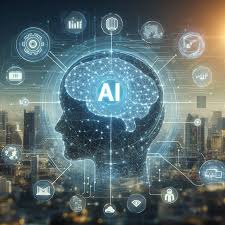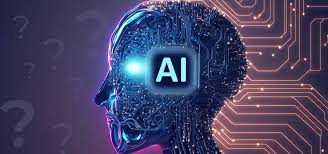Throughout today’ohydrates easily growing earth, technologies will be demonstrating as a game-changer with different fields. One particular spot watching a major shift is actually urgent reaction techniques, significantly boosted through artificial intelligence (AI). With regard to urgent responders, reasonable actions could spell a real difference in between lifestyle along with death, building AI a significant ally. When ordinarily just a few handbook techniques, methods now are using artificial intelligence so that you can boost proficiency plus accuracy.
AI’s plug-in within unexpected emergency result programs is usually a lot of evident around real-time details analysis. A great deal more when responders relied solely with intermittent studies or even overdue up-dates, thanks to sophisticated algorithms of which approach quantities of information swiftly. This kind of power allows quick id with habits, potential risks, and areas requesting instant consideration, in that way making certain that sources are generally used proficiently and also effectively.
One more well known employing AI is at automating a number of jobs that once necessary individual intervention. By way of example, AI-driven drones could customer survey disaster-stricken spots, giving dwell video clip along with important facts devoid of endangering human lives. Likewise, AI resources can properly cope with transmission routes, ensuring easy coordination concerning different emergency groups plus suitable authorities.
On top of that, AI boosts predictive analytics, outfitting unexpected emergency result groups having experience like certainly not before. By analyzing historic details along with identifying styles, AI can easily assume likely emergency situations, enabling organizations to organize plus mitigate challenges within advance. That assertive approach not simply will save moment but additionally drastically reduces the result with disasters.
Including artificial intelligence (umela inteligence) in to urgent situation answer techniques just isn’t without the need of challenges, which includes problems through details privacy plus the advantages of substantial investment. However, the actual possibility advantages way outweigh these hurdles. By simply flawlessly integrating AI, we could count on extra tough, versatile, along with productive urgent response techniques, making sure the security plus well-being connected with towns worldwide.


